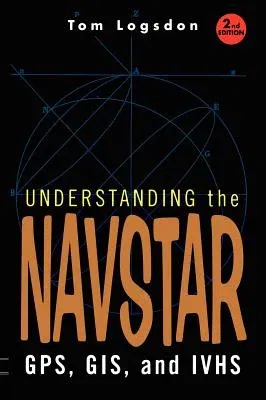Two complete new chapters have been introduced. The first one, Chapter
16, amplifies the many rich interactions between Geographie Information
Systems (GIS) and the Navstar CPS. The words and pietures in this new
chapter foeus on the powerful eleetronie mapmaking techniques that rely
on Navstar navigation together with the many benefits stemming from the
full-eolored "layered" maps now being produeed. Chapter 17, which is
also new, deals with Intelligent Vehicle Highway Systems (lVHS). Navstar
navigation techniques form the hidden backbone of most of the new
electronic teehnologies that are helping to make America's traffic f10w
more smoothly. Chapter 17 c10ses with narrative descriptions of three
interesting IVHS projects: emergency tow-truck dispatching, optimum
ambulance-routing, and the in-car traffie reports now being beamed into
family cars cruising along Ameriea's major traffic arteries. Many
helpful individuals contributed toward the successful completion of
Under- standing the Navstar. My lovely wife, Cyndy, was unquestionably
the most beneficial contributor. Her affectionate comments and her
broad-ranging support were greatly appreciated. So was her diligent and
uncomplaining work in word-process- ing the many drafts of the final
manuseript. The artists, Lloyd and lInka Wing and Anthony and Dianne
Vega, were also enormously helpful in providing quality figures and
tables on schedule. They have become true masters of the Macintosh
computer with its many beils and whistles. Preparing a book for
publication is a time-consuming, invigorating task. I hope you enjoy
reading it as much as I enjoyed putting it together for your use.

